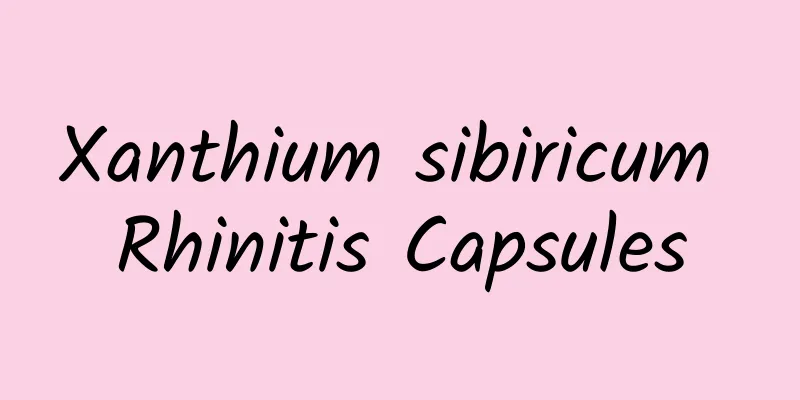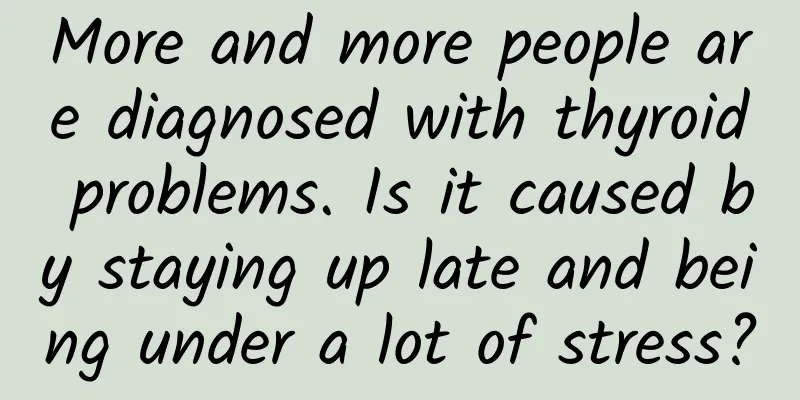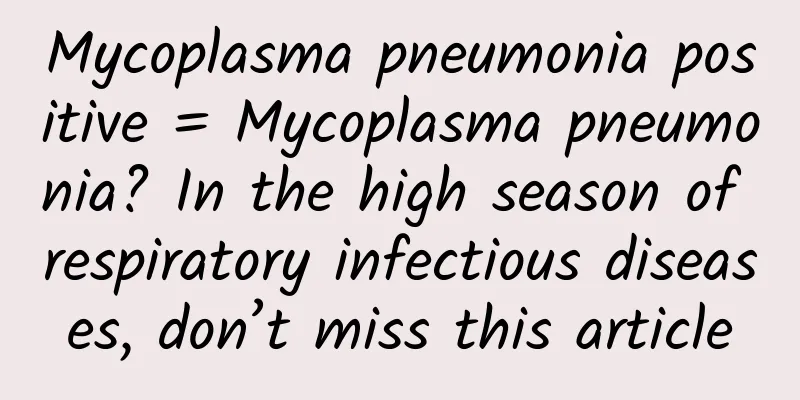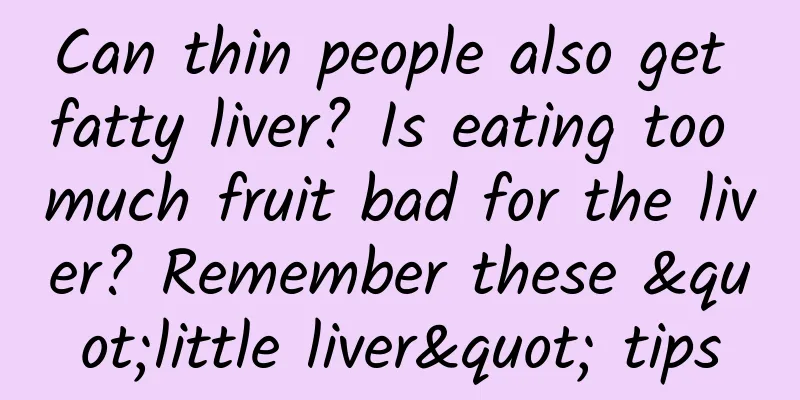Take it before or after meals? Here is a list of common medication times! Don’t be careless, save it now!
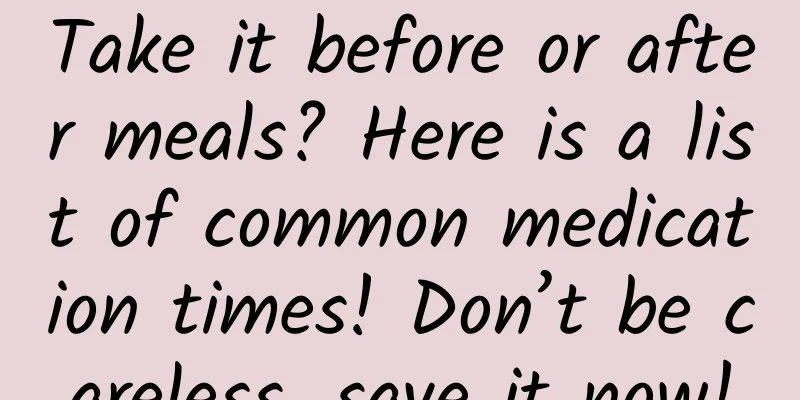
|
We often see instructions such as "take before meals" and "take after meals" on drug instructions. How long does it take to be considered "before meals"? Why must it be taken before meals? What will happen if it is taken after meals? What about taking it after meals? Medication taken before meals It is generally recommended to take medicines on an empty stomach one hour before meals, and to take medicines before meals 15 to 30 minutes before meals. If you take medicines before meals after meals, the food may affect the absorption of the medicines, thus affecting the efficacy. These medicines generally include: 0 1 Diabetes-lowering drugs Blood sugar will rise after eating. In order to avoid large fluctuations in blood sugar, hypoglycemic drugs are generally taken 30 minutes before meals. Specific drugs include gliclazide, glipizide, gliclazide, etc. 0 2 Digestive system drugs Many digestive system medications need to be taken before meals. For example, proton pump inhibitors (omeprazole, pantoprazole, etc.) should be taken half an hour before breakfast. This can effectively inhibit the increase in gastric acid secretion caused by food stimulation after meals; gastric mucosal protectants (compound glutamine, sucralfate, etc.) should also be taken before meals so that the drug can fully act on the stomach wall. In addition, lipid-lowering drugs (such as fenofibrate) and anticoagulants (such as lumbrokinase) are also recommended to be taken before meals. Medication taken after meals Medication that needs to be taken after meals should generally be taken 15 to 30 minutes after meals. This is because if you take medication before meals, it may aggravate stomach irritation or fail to achieve the desired effect. Such medications generally include: 0 1 Nonsteroidal anti-inflammatory drugs It is generally recommended that nonsteroidal anti-inflammatory drugs (such as acetaminophen, indomethacin, nimesulide, ibuprofen, diclofenac, etc.) be taken after meals because this can reduce the irritation of these drugs to the gastrointestinal tract. 0 2 Vitamins Our stomach is an acidic environment. Vitamins B1, B2, etc. are easily destroyed in an acidic environment. Taking them after meals is beneficial to the absorption of these vitamins. In addition, some drugs, such as aluminum phosphate gel, need to be taken at different times according to different indications. For example, when treating esophageal diseases, the drug needs to be taken after meals; when treating gastritis and gastric ulcers, the drug needs to be taken half an hour before meals; when treating duodenal ulcers, the drug needs to be taken 3 hours after meals and when pain occurs. Don't be careless about medication. Whether it is the time or method of taking the medication, it would be safer to pay more attention to the instructions. Source: CCTV Finance Comprehensive from CCTV News Client Preliminary review丨Chen Jiaqi Review丨Wei Xinghua Final Review丨Han Yonglin |
<<: Do you always sigh at work? Congratulations, you have mastered a new way to relieve stress
>>: "N kinds" of solutions for "Dinghaishenzhen" as a measurement tool
Recommend
Young stroke, how far are we from it?
Author: He Yanbo, deputy chief physician of Beiji...
The efficacy and function of wild bitter melon
There are so many medicinal herbs in the world, a...
The efficacy and function of leather ear
The medical value of Geer is beyond our imaginati...
"It's so hot it's killing people" is no joke! Especially in this case, the mortality rate is extremely high!
Yesterday morning, Hangzhou issued the first red ...
The efficacy and function of dry vegetables
What are the functions of dry vegetables? As a tr...
Can drinking honeysuckle regularly cure bad breath?
Many people find bad breath when they wake up in ...
When is the best time to take Chinese medicine?
There are certain requirements for Chinese medici...
What are the functions of hibiscus flowers
People often use the word "water lotus"...
Salted duck eggs are “rich in oil”, but has the fat content increased?
I have to admit that salted duck eggs are definit...
The efficacy and function of Korean ginseng
Korean ginseng is a natural health supplement tha...
What are the side effects of ginseng?
Ginseng is a traditional Chinese medicine with ex...
What are the benefits of drinking water soaked with Hedyotis diffusa?
Nowadays, more and more people are beginning to p...
The role and efficacy of Atractylodes
Medicine is a common choice for treating diseases...
I thought donating blood was a way to show my love, but unexpectedly it almost killed someone
In April 1988, an American girl named A followed ...
The efficacy and function of cyperus rotundus
We are all familiar with the grass. It is not onl...
